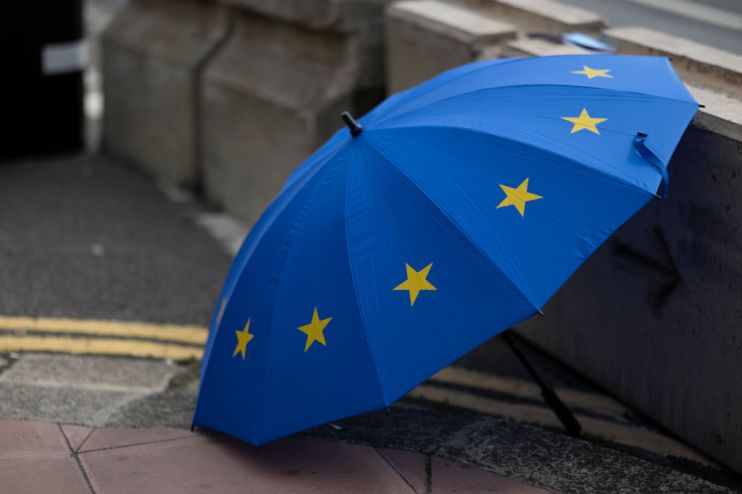The Brexit jury is still out as we fail to grasp the vision of freedom we were promised

Since leaving the EU, there is no doubt that the UK has made impressive progress in signing Free Trade Agreements, including not only roll-overs of EU agreements like those with Canada and Turkey, but entirely new ones with Australia and New Zealand.
The UK’s application to join the CPTPP mega-regional trade agreement is also well underway. It is hard to imagine that the EU would have been able to conclude so many FTAs so quickly.
The crucial question of whether these deals make up for the shortfall in reduced trade with the EU, which, thanks in part to the Trade and Cooperation Agreement, has not been as severe as many predicted, remains to be seen.
Since the EU’s portion of the UK’s trade had been steadily declining for years and the EU comprises an ever-smaller component of the global economy, the UK’s global trade volumes under various FTAs and WTO rules are poised to grow in the longer term. Outside of the EU’s tariff zone, many goods are now cheaper than they were before, even if Covid-induced inflation has muted these gains.
Of course, the greatest opportunity of Brexit was not about trade but in escaping the clutches of EU’s costly, anti-business regulatory control. The burden of complying with EU rules was estimated to cost the UK £33bn per year in lost productivity.
But, frustratingly, a year on from Brexit and we see very little evidence of the UK adopting a streamlined, permissive approach to regulation distinct from the EU’s proscriptive, prohibitive one.
Many of the most egregious examples of the EU’s regulatory over-reach, notably the cumbersome GDPR, have been retained as part of UK domestic law.
The UK’s uncosted plans for achieving “net zero” to arrest climate change seem even more draconian than those of the EU with its unscientific devotion to the Precautionary Principle. Much of the anticipated commercial nimbleness, once described as Singapore-on-Thames, has failed to materialise in favour of a business-as-usual Brussels lethargy. The ambitious Free Ports initiative, designed to cut red tape for traders, appears to have faltered.
While it was wise to pull back on the HS2, what happened to useful infrastructure projects like the Crossrail and the third runway at Heathrow? Inexplicably, business-stifling taxes are at their highest level for more than 50 years. And let’s not forget the promise that Brexit would secure our borders – illegal migration across the channel is at its historic worst.
Is this the Brexit Britain voted for? Despite the weak progress to date, arguably caused in part by Covid, there are glimmers of hope. A quicker vaccine rollout coupled with a measured response to Covid restrictions may yet yield faster post-pandemic recovery than on the continent. The overdue implementation of ‘smart’ borders to reduce trade friction is encouraging. CPTPP accession is hopefully imminent. Exports of financial services, including to the EU, have actually increased (despite predictions of the City’s collapse). Earlier this year the Taskforce for Innovation, Growth and Regulatory Reform drew attention to improvements in laws covering areas such as Fintech and gene-editing which may yet gain traction.
So, overall, a year on, was Brexit a success? It is still really too soon to tell. Ask again in five years.
